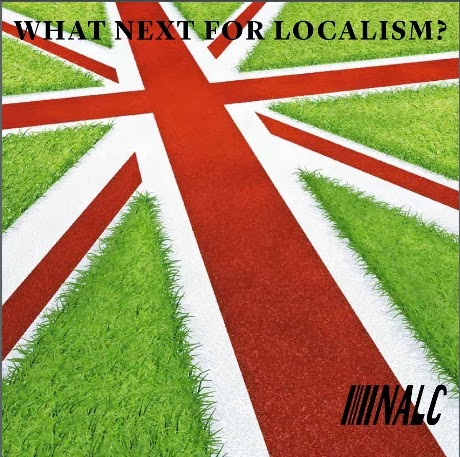Draft Legislative Reform (Payments by Parish Councils, Community Councils and Charter Trustees) Order 2013
 The Draft LRO will remove the statutory requirement in Section
150(5) Local Government Act 1972 that cheques and payment orders must
be signed by two members of the parish council.
The Draft LRO will remove the statutory requirement in Section
150(5) Local Government Act 1972 that cheques and payment orders must
be signed by two members of the parish council.The LRO was laid before Parliament on 11th November 2013 and published on 12th December 2013 (HC 929).
DCLG won’t action this until revised Financial Regulations and the new Practitioners Guide are ready and approved by the Joint Practitioners Advisory Group (JPAG).
The anticipated date is mid February. Watch this space! BALC will inform member councils when we have concrete news.










